Palestine
Explore all Articles
filter by–Region
filter by–Country
search by–Keyword
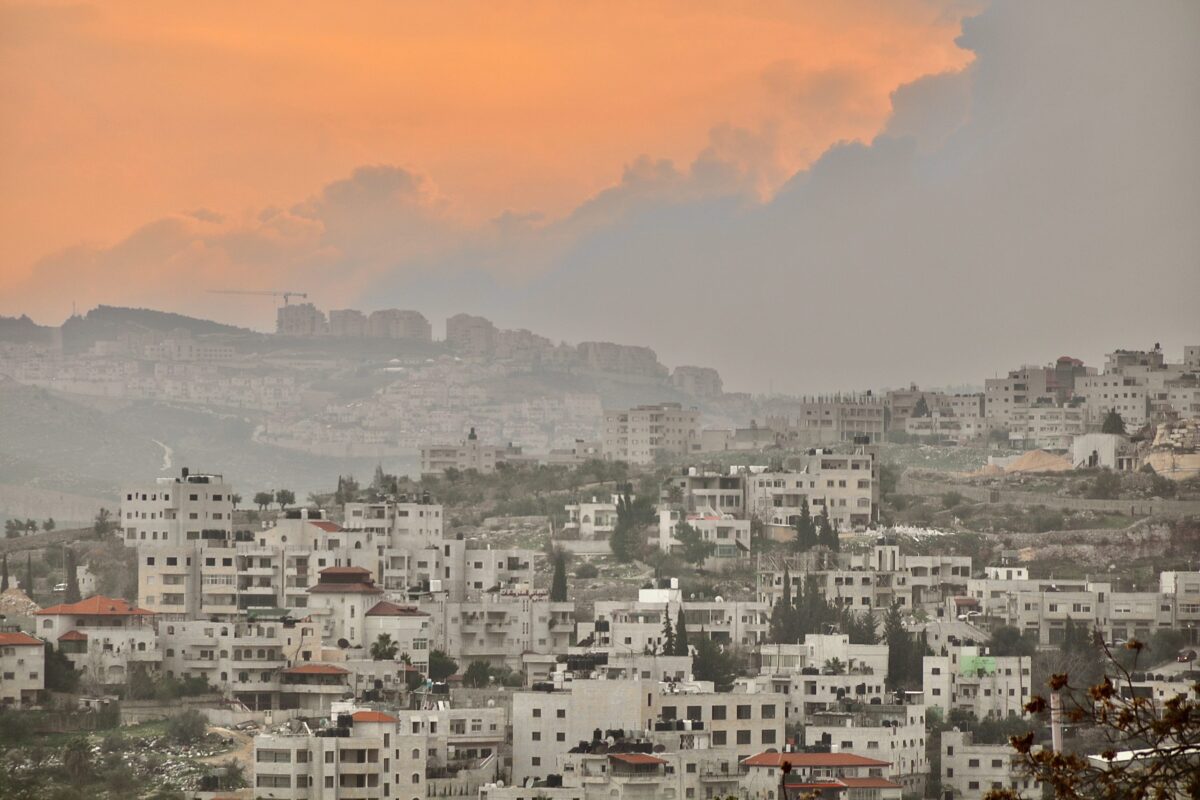
Chinese Strategy Toward the Middle East: China as a Possible Mediator to End the Israeli-Palestinian Conflict?
06.22.22
After 1979, China’s Middle East policy has been less “one-sided” and more supportive of parties seeking a peaceful solution to the Palestine-Israel conflict. An Israeli-Palestinian peace accord is China’s top objective.
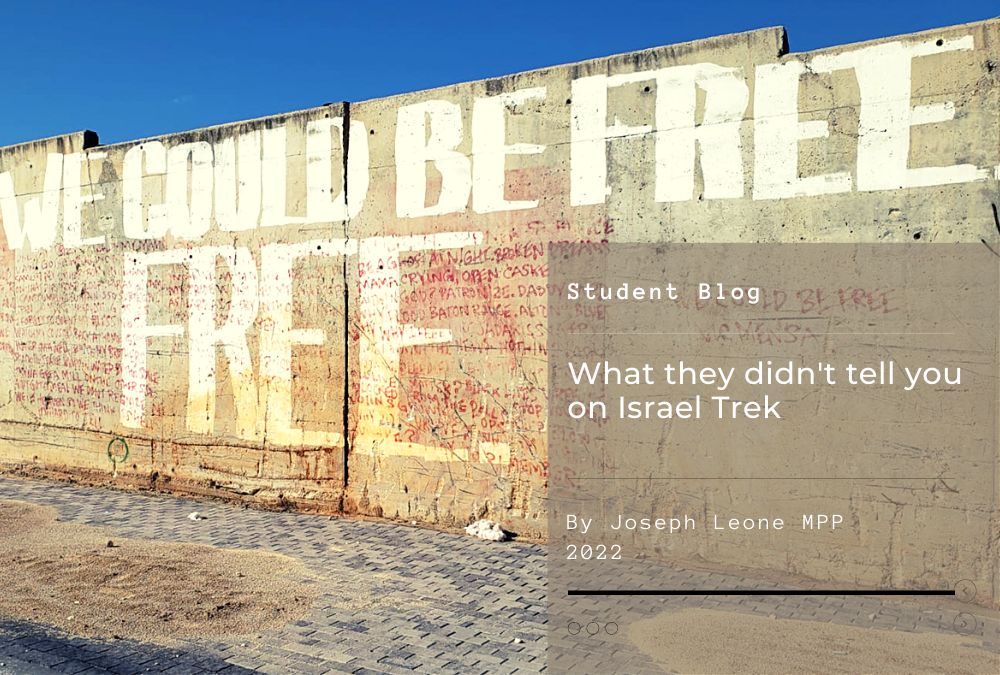
What they didn’t tell you on Israel trek
04.9.22
“I have killed many Arabs in my life, and there’s no problem with that.” “When you [Palestinians] were still climbing trees, we had a Jewish state here.” These are the words of current Israeli prime minister Naftali Bennett, who 282 of our HKS classmates met with last month as part of the HKS Israel Trek. […]
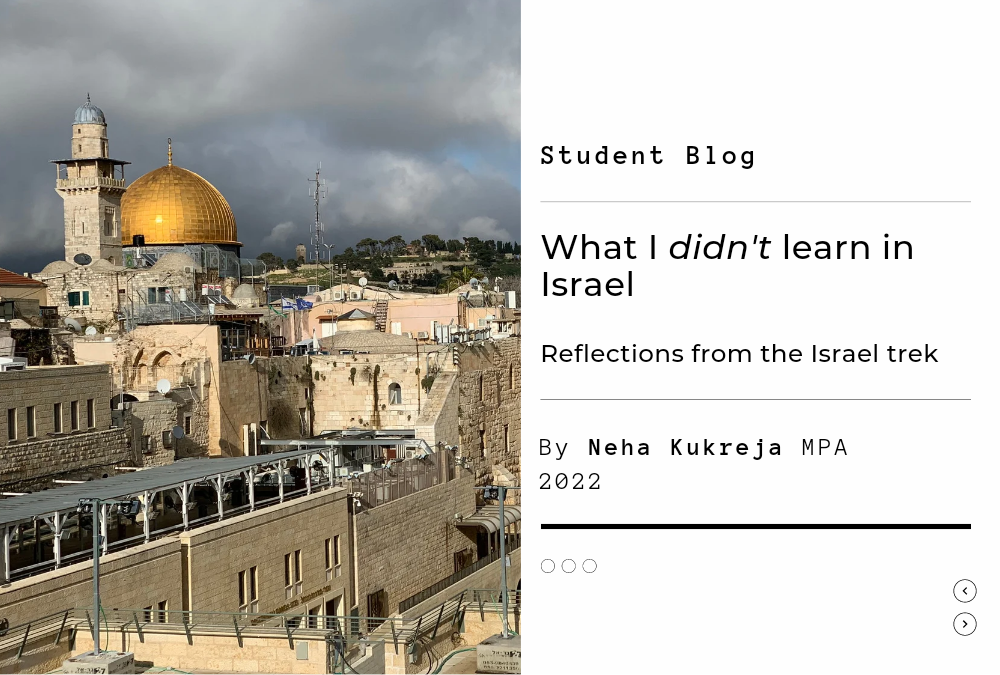
What I didn’t learn in Israel
04.7.22
The author made updates to this piece on April 18, 2022. The paragraphs added later are identified with an asterisk at the end. The author would like to acknowledge that the timing of publication coincides with the deadly terrorist attacks in Tel Aviv that have killed 13 Israeli civilans as of March 22nd. While this […]
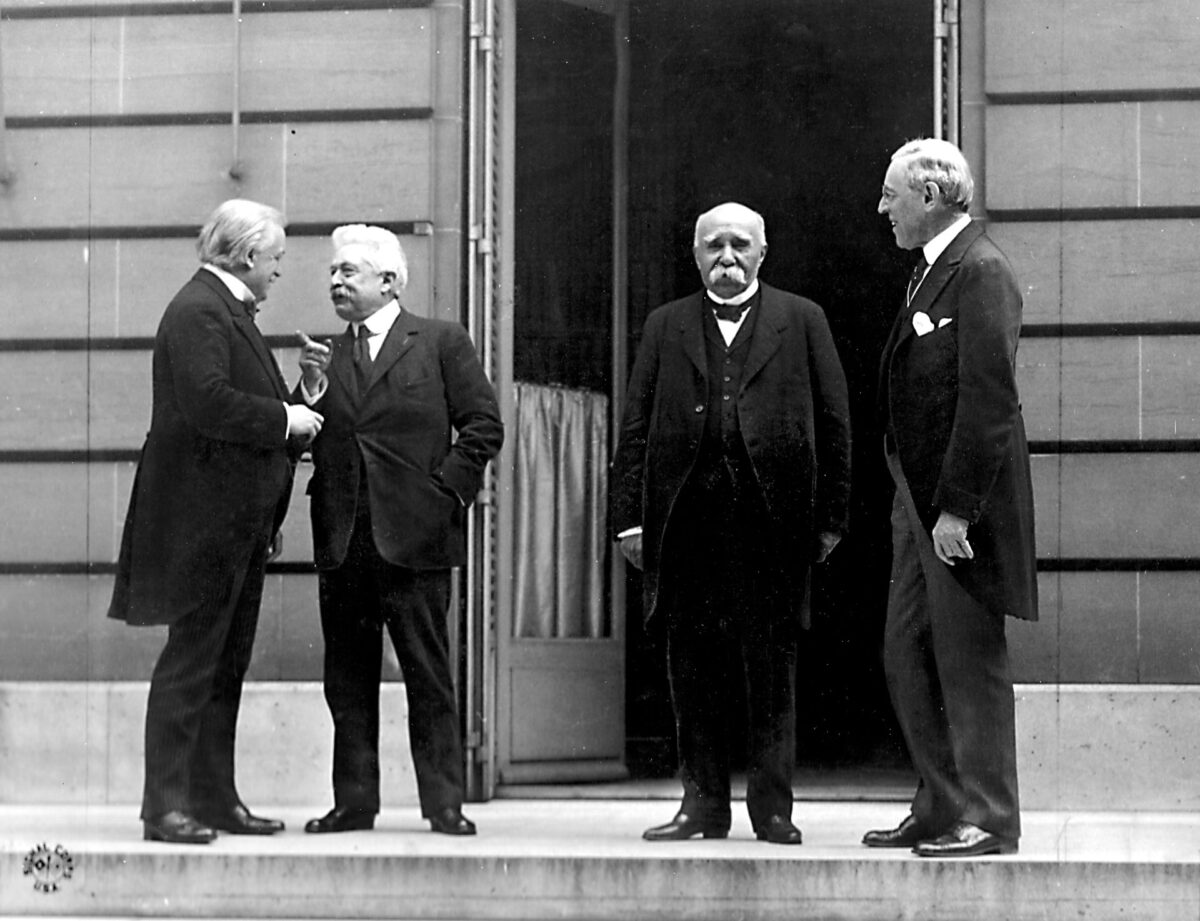
Colonial Designs, Arab Dreams, and the Making of the Modern Middle East
02.23.22
H.D. Wright provides an analysis of the European diplomatic engagements that pulled apart existing territories and forced them between the borders of new states, sealing a nearly inevitable destiny of domestic strife.
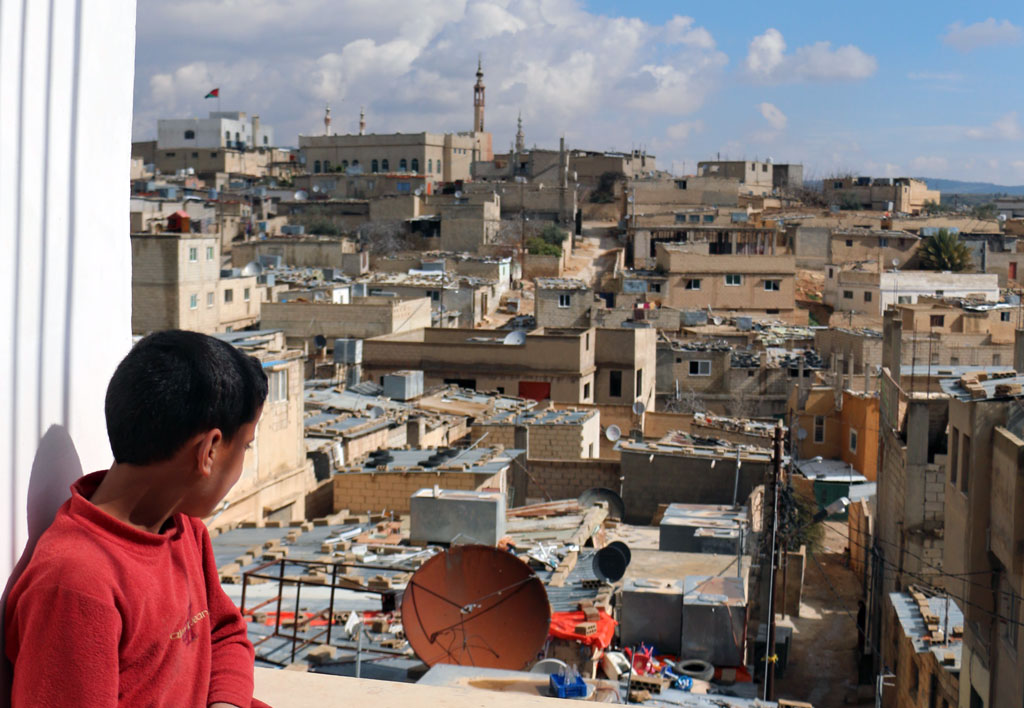
Law and Policy Used to Address & Aggravate Palestinian Isolation: A Focus on Case Studies from Lebanon, Jordan, Israel
12.22.21
Jordan Cope, Esq. explores how the role of law and policy has been used in three countries—Lebanon, Jordan, and Israel, respectively—to both accelerate and to frustrate Palestinian integration. In doing so, the essay also explores the necessary history to contextualize the Israeli-Palestinian conflict and the status of the Palestinian diaspora.
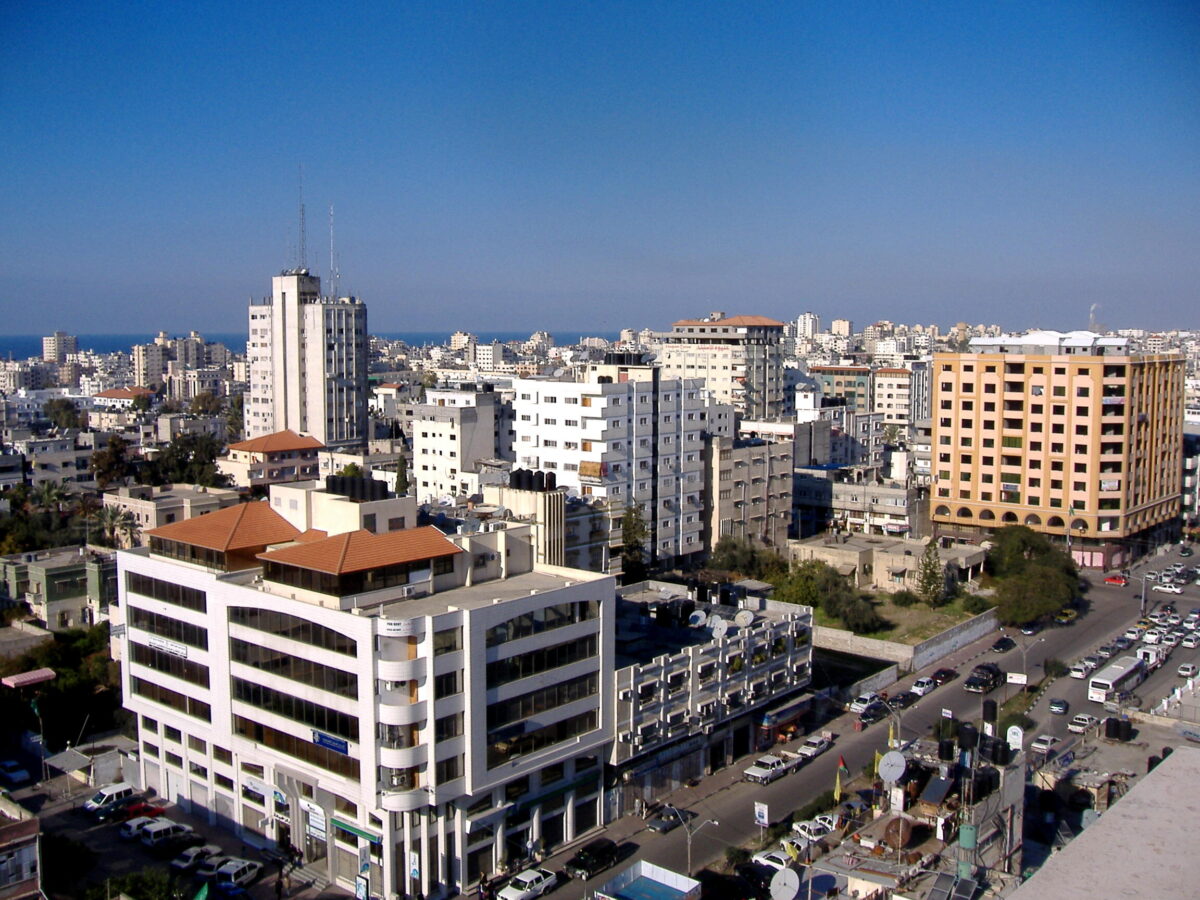
The Dehumanizing Discourse of Resilience
05.28.21
Malaka Shwaikh argues that the discourse of resilience is dehumanizing in how it imposes mythical terms on the colonized people worldwide. It deals with them as if they have supernatural ‘coping mechanisms,’ romanticizes them as exemplary in ‘enduring’ everything, obscures their humanity, reduces the depravity of colonial violence, and ignores layers of structural violence they continue to face.
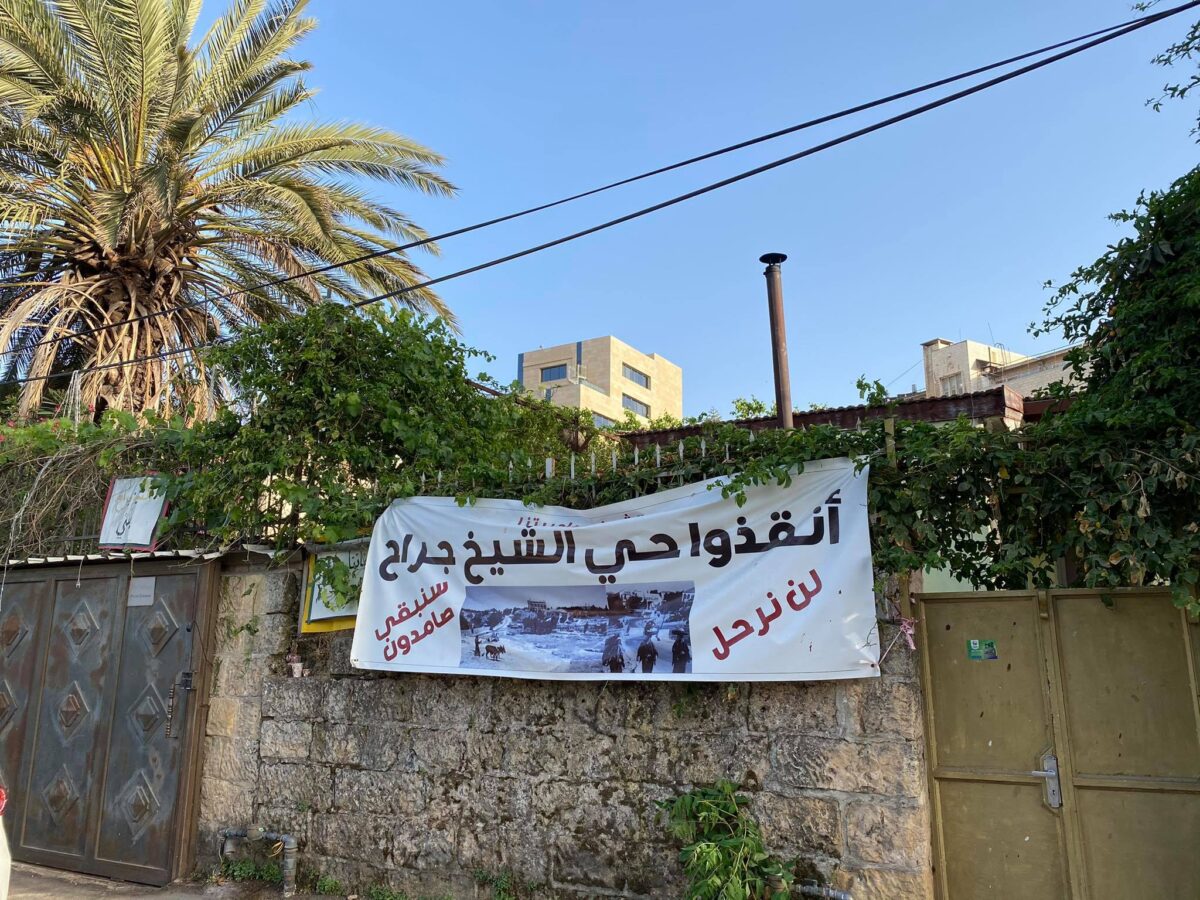
The United States is Complicit in the Ethnic Cleansing of Sheikh Jarrah
05.10.21
Decades of impunity for Israel have progressives at a crossroad. What are progressive elected officials willing to do to counter settler colonialism? Anything less than using the full arsenal available to them is complicity.
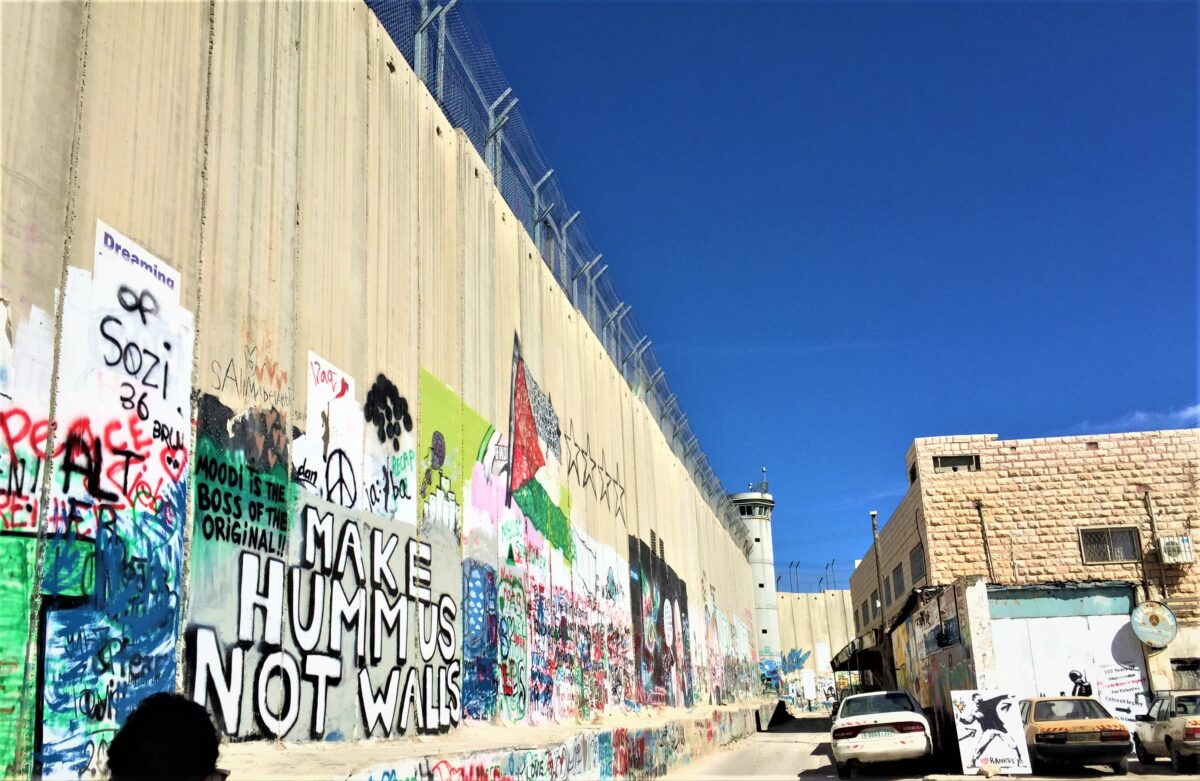
Is the Occupation of the West Bank Morally Justified?
03.19.19
BY CHARLES SKOLD The world recently marked fifty years since the end of the 1967 Arab-Israeli “Six Day” War and the beginning of the indefinite military occupation of Palestinian West Bank. It was one of the shortest wars; it has been one of the longest occupations. The international community continues to ask, how much longer […]
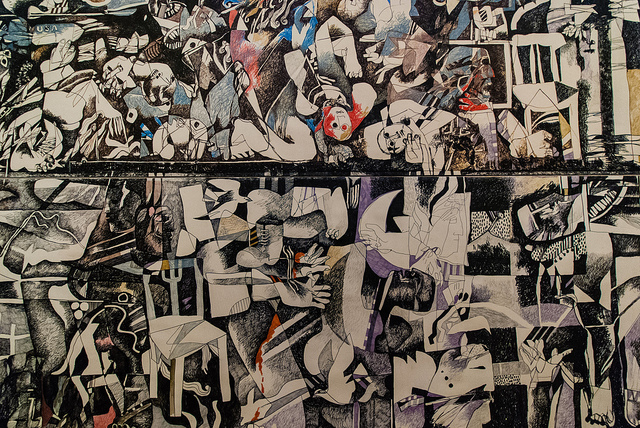
Event Review: Critique, Dissent, and Solidarity – the Politics of Modern Middle Eastern Art
02.13.19
In a lecture at the Harvard Kennedy School, Sultan al-Qassemi discusses the role of art in the contemporary politics of the Middle East.
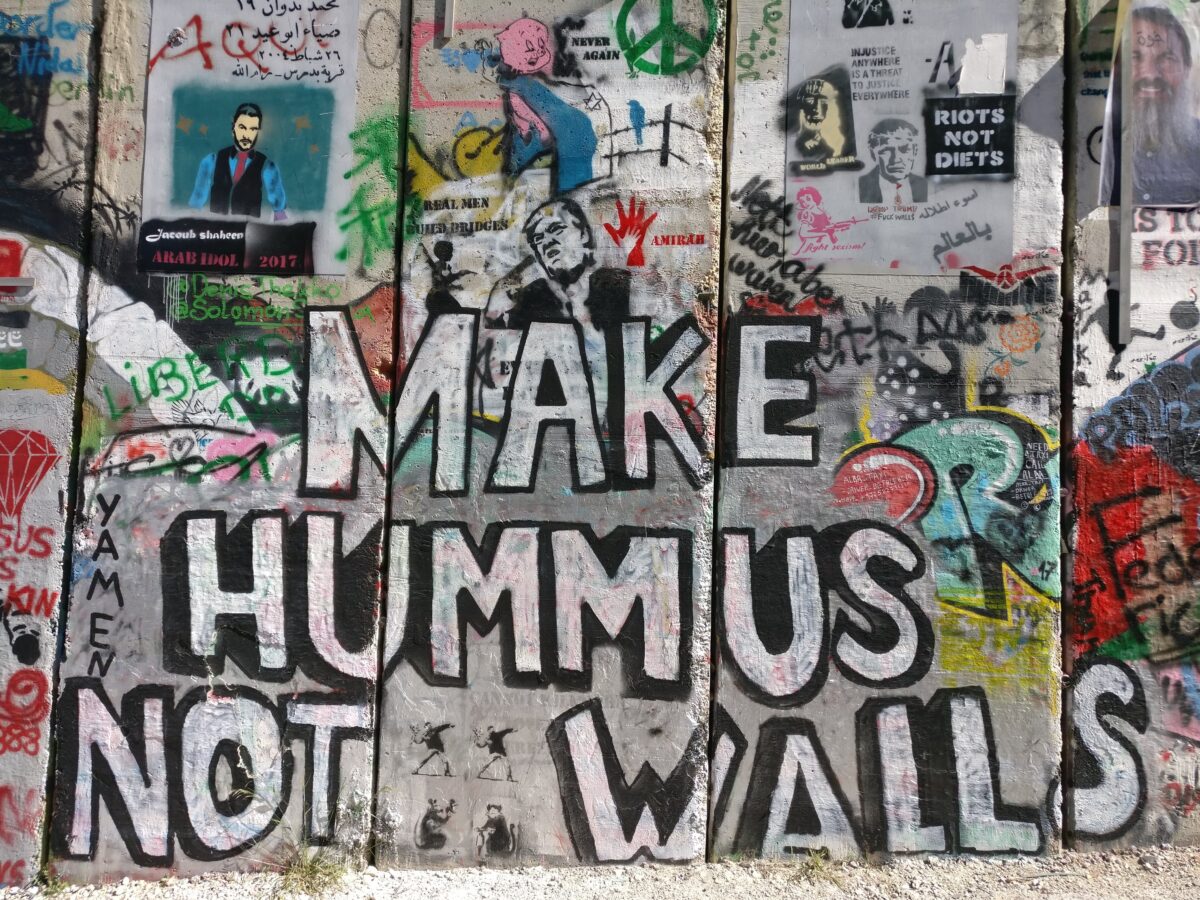
A Story of the Story of Palestine
09.17.18
The road to justice: breaking the silence I asked my friend who was wearing her new keffiyeh whether she would wear it once we got back from Palestine to Boston. She said she wasn’t sure. Several of her close family and friends are ardent supporters of Israel and her sartorial political choice comes at a […]
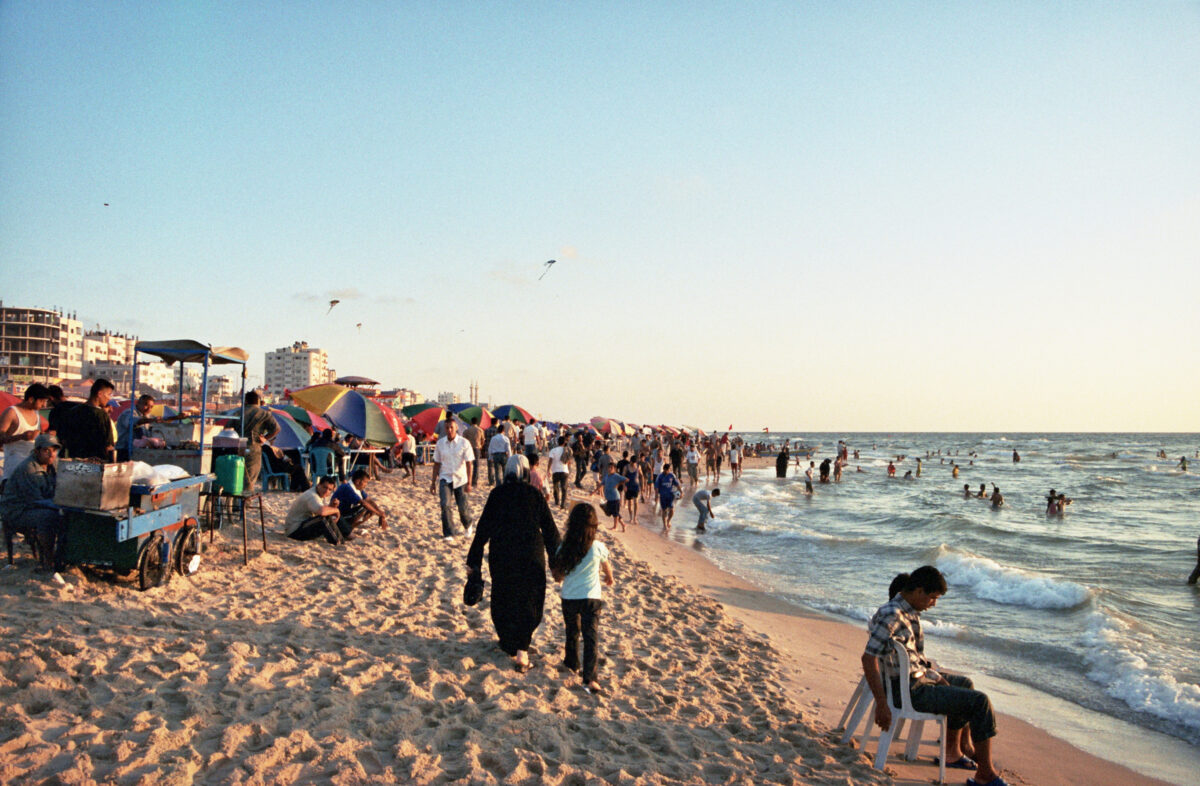
Gaza: Past, Present and Future
12.1.17
A panel at the Arab Conference at Harvard explored the past, present, and future of the Gaza Strip.
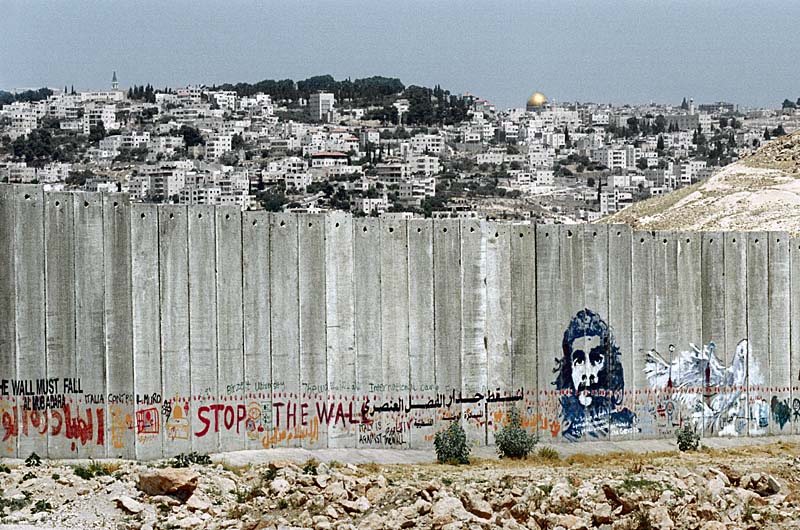
Regulation and resilience: The protection of property rights in Palestinian refugee communities
10.16.17
While members of the Palestinian diaspora occupy a precarious social position and are often subject to successive removals from new homes, refugees have nonetheless put down roots and sought to secure their new homes in a number of ways.
Dr. Nadya Hajj, Assistant Professor of Political Science at Wellesley College, shows how this is the case.